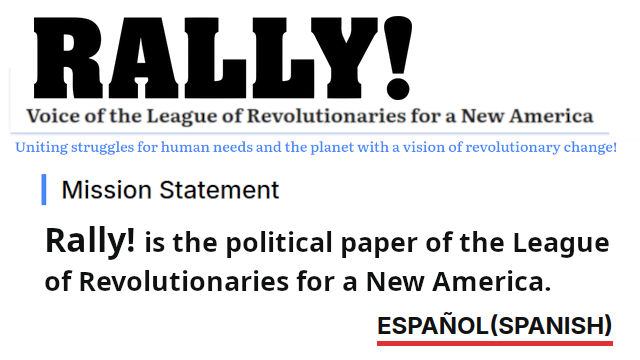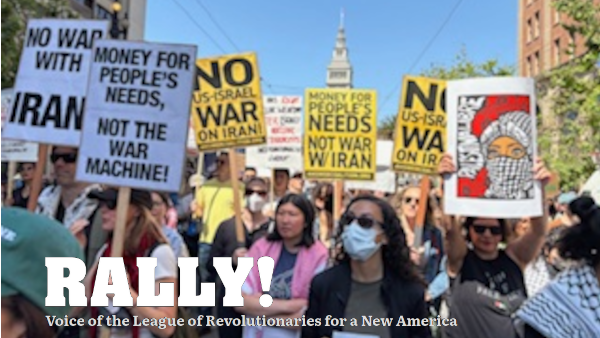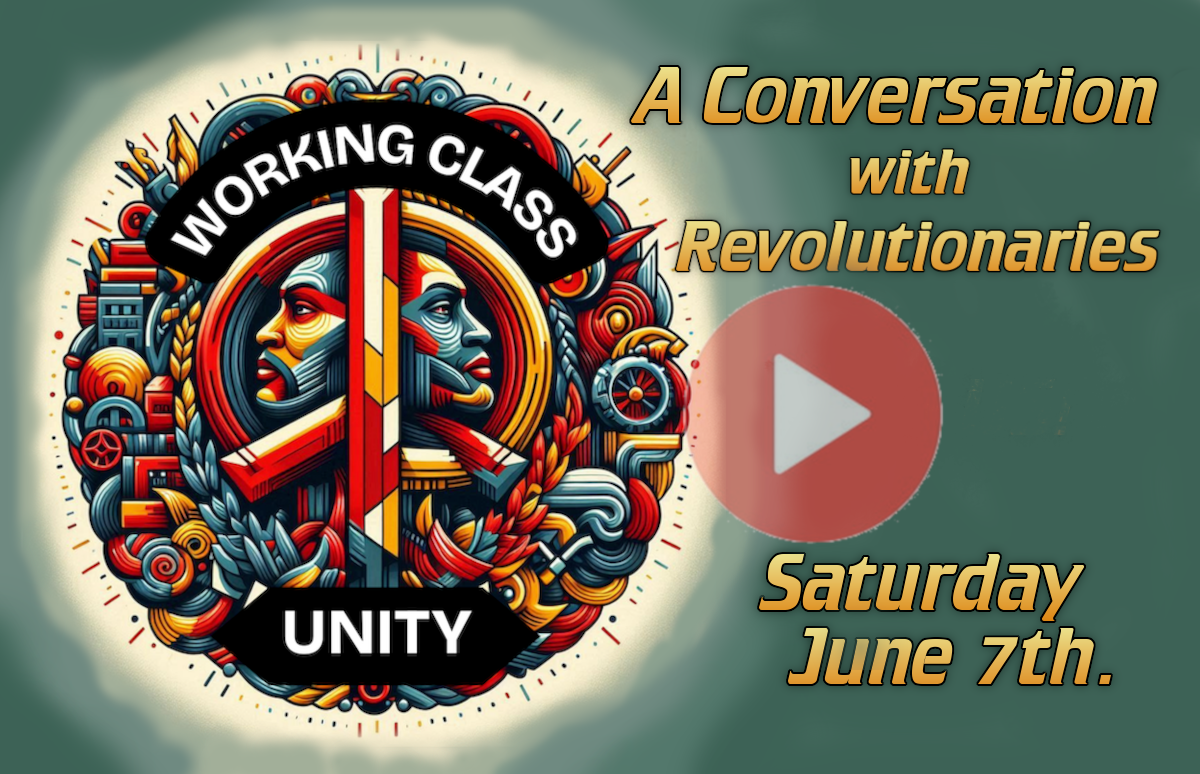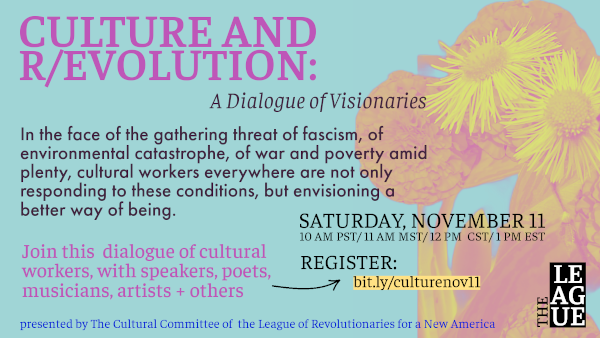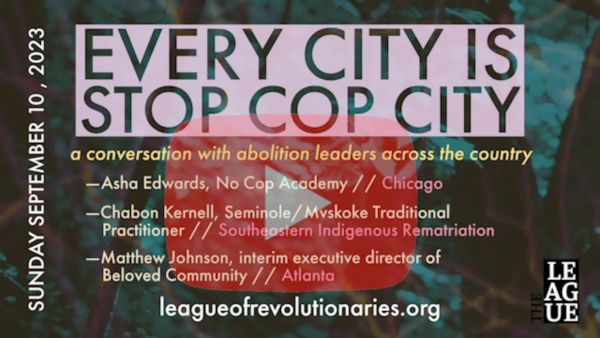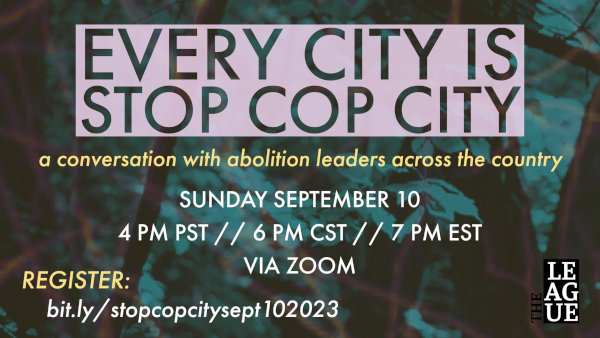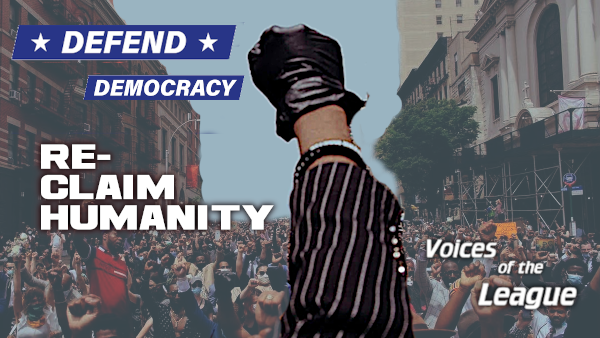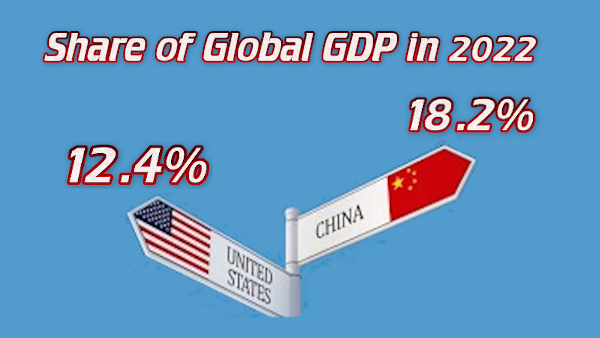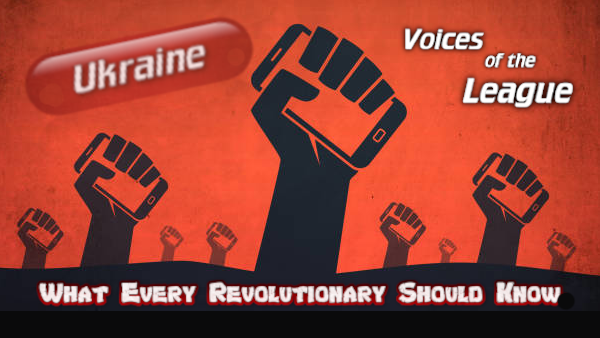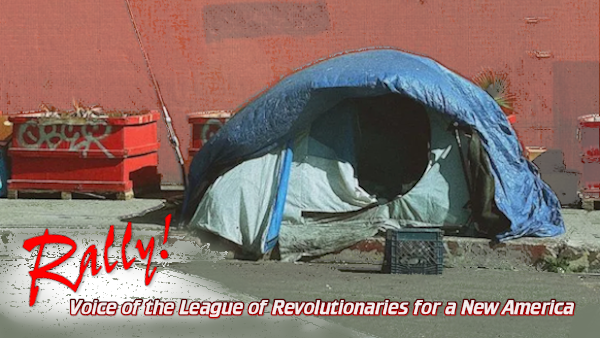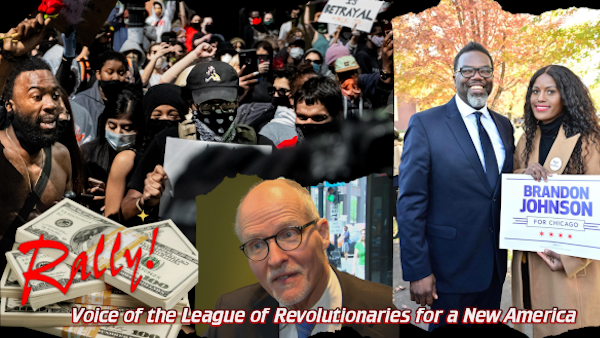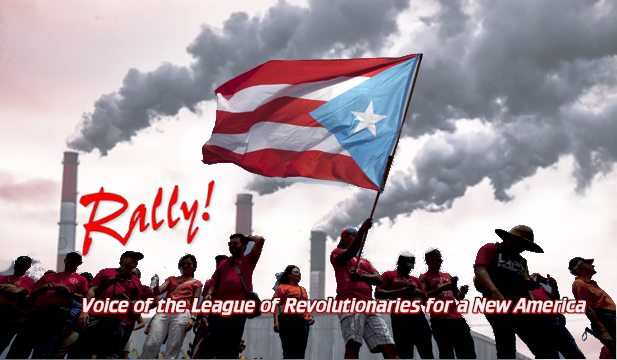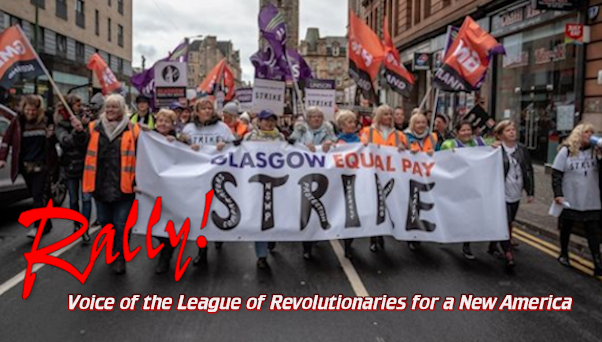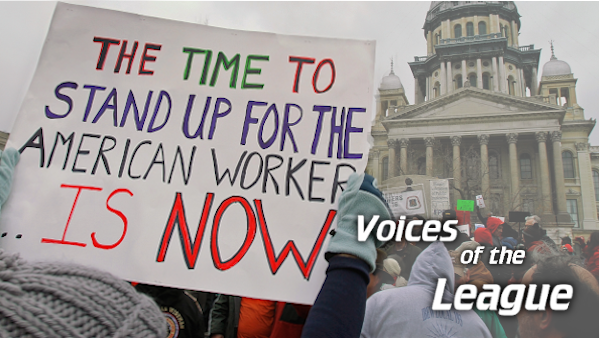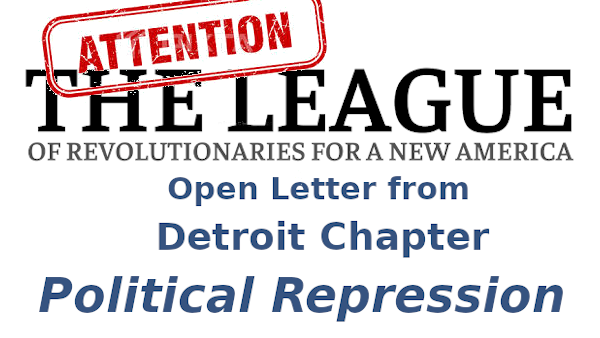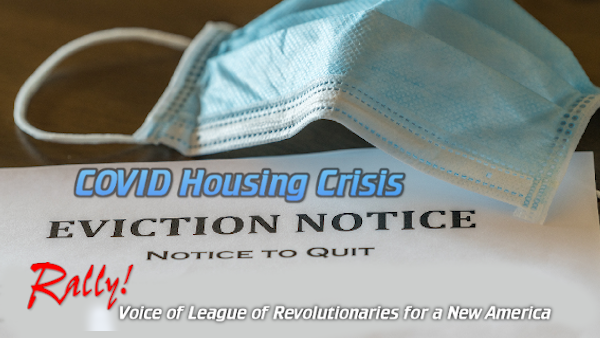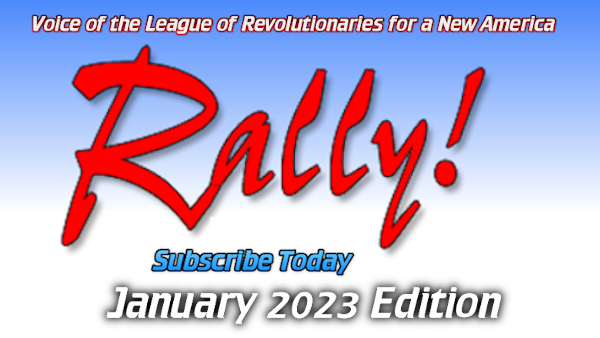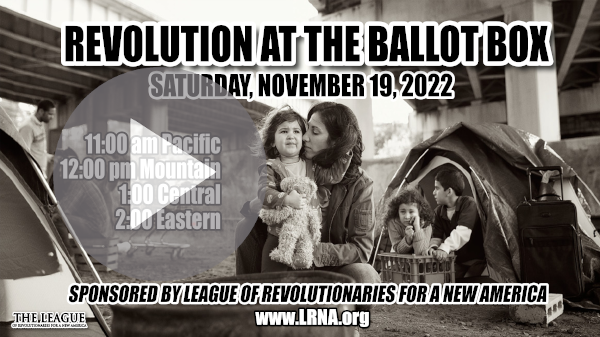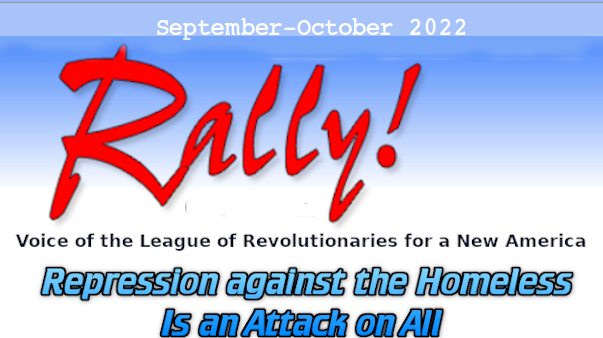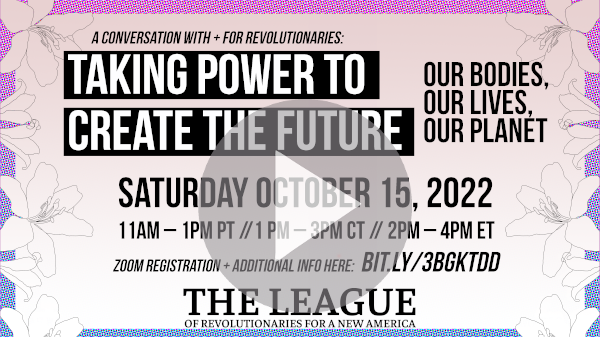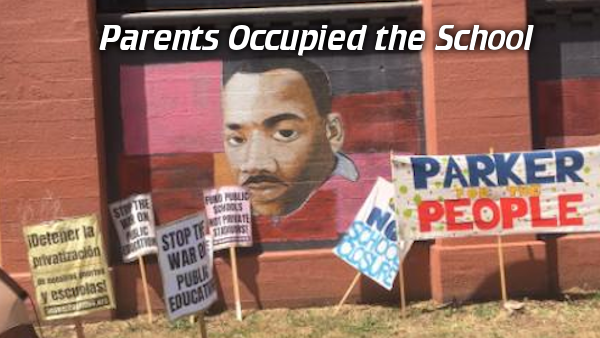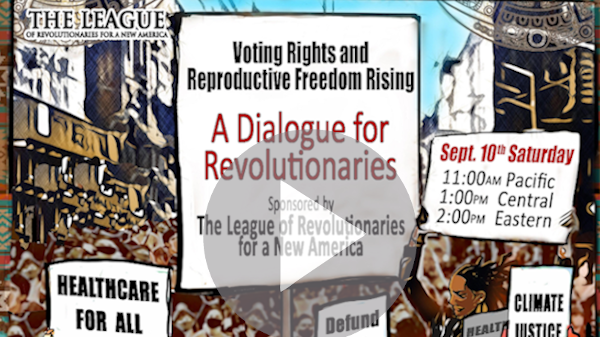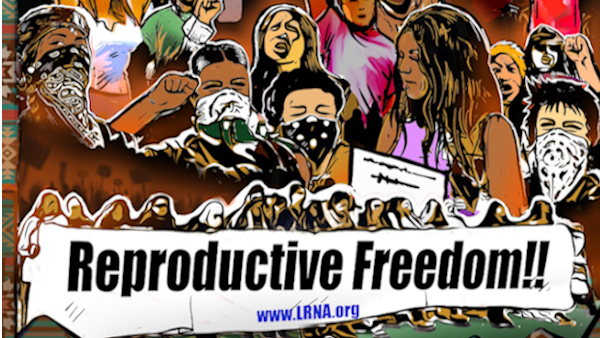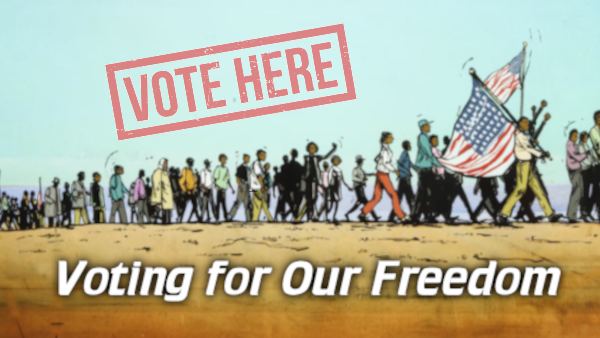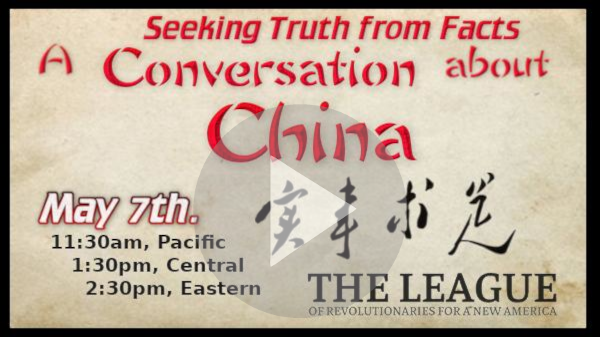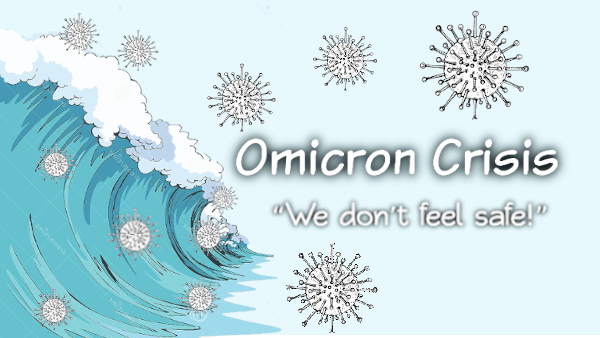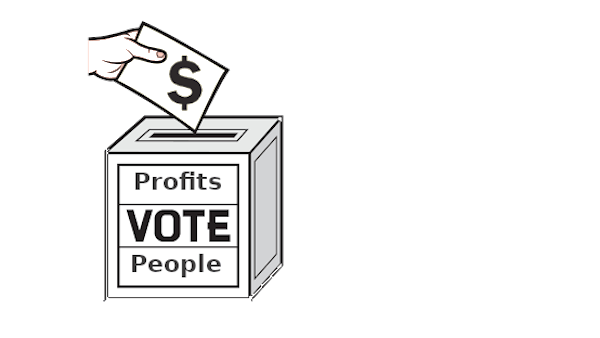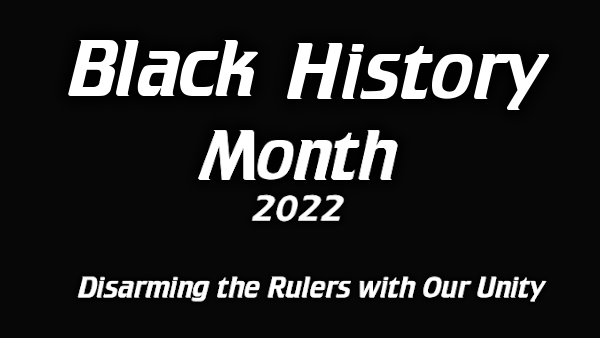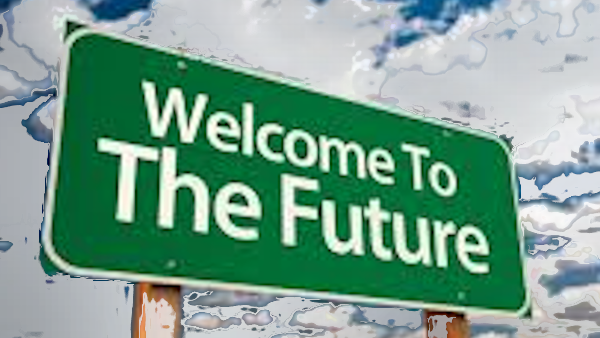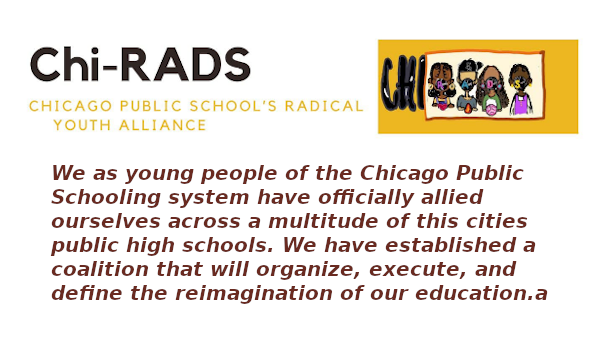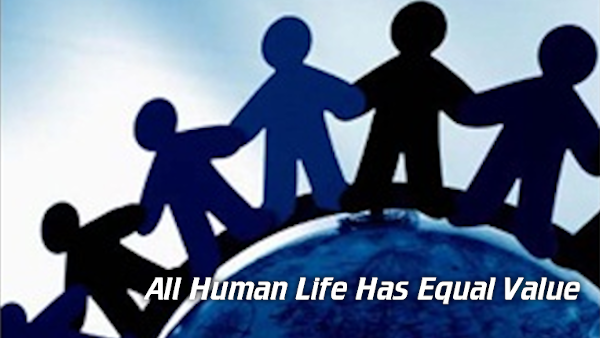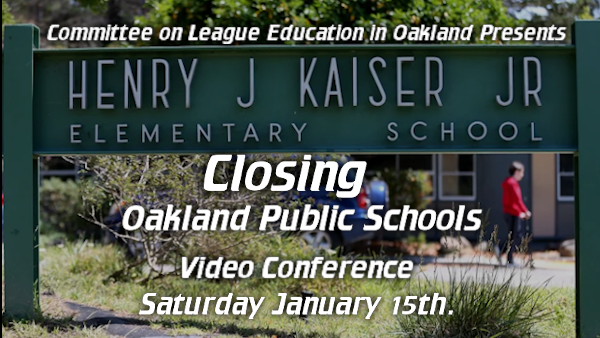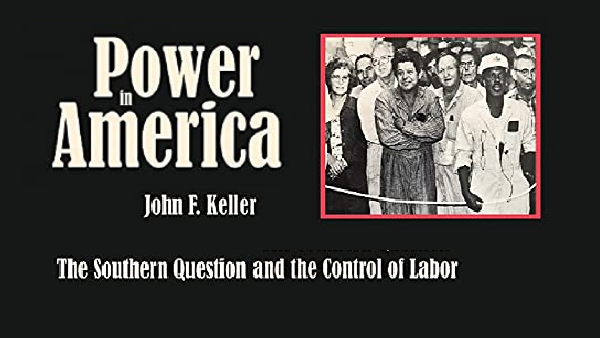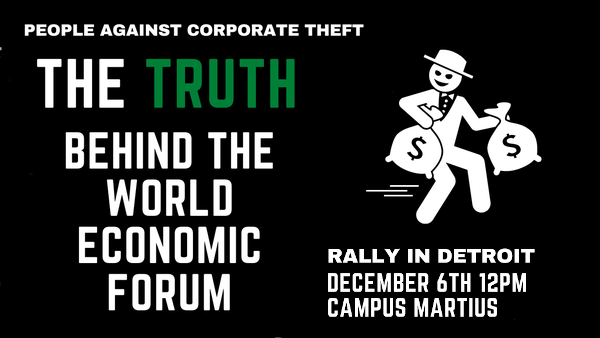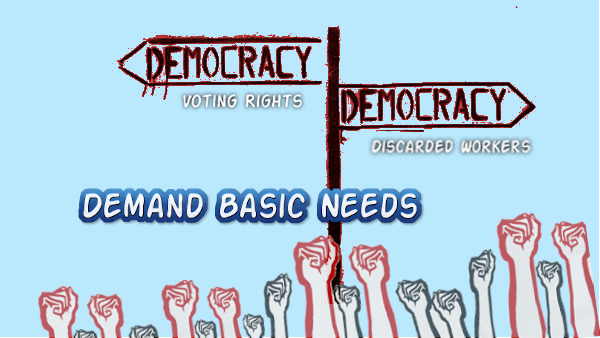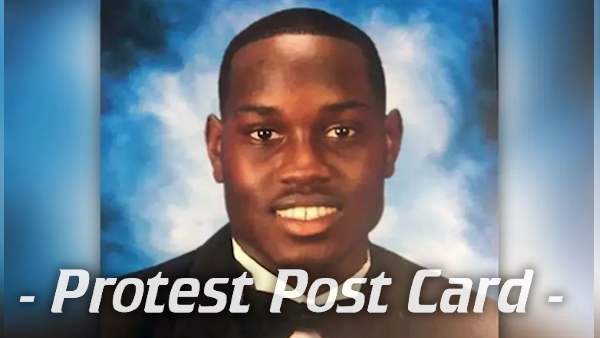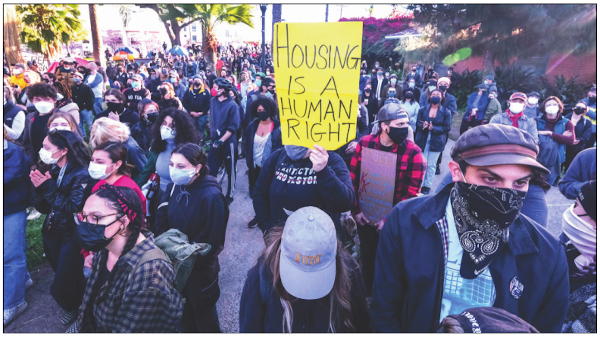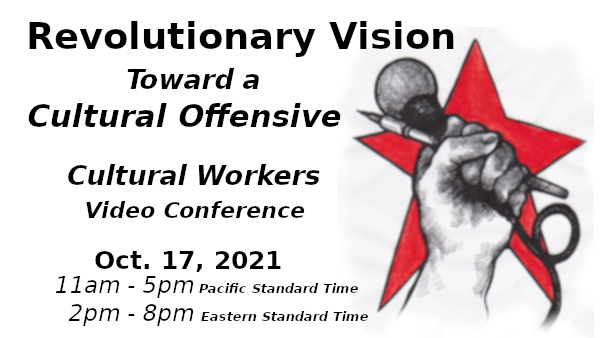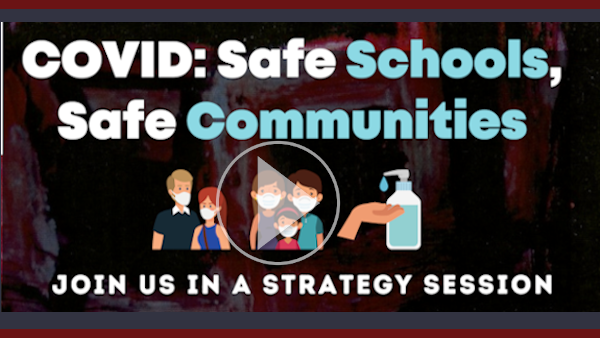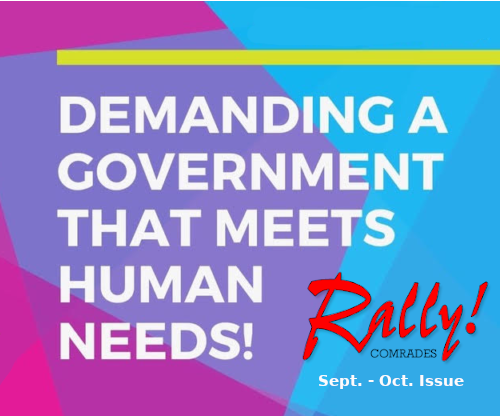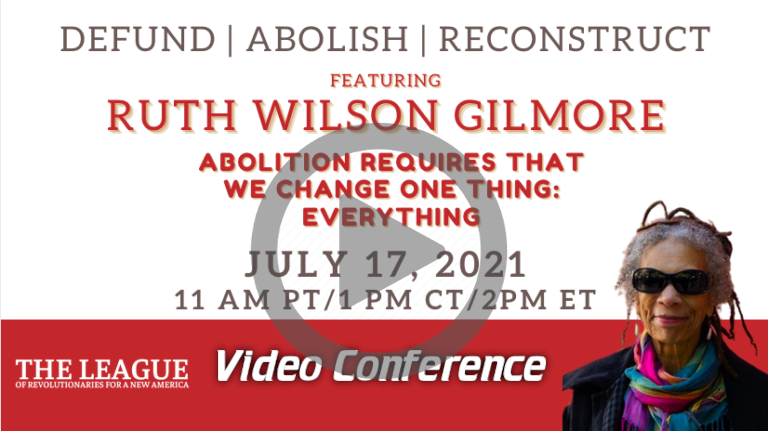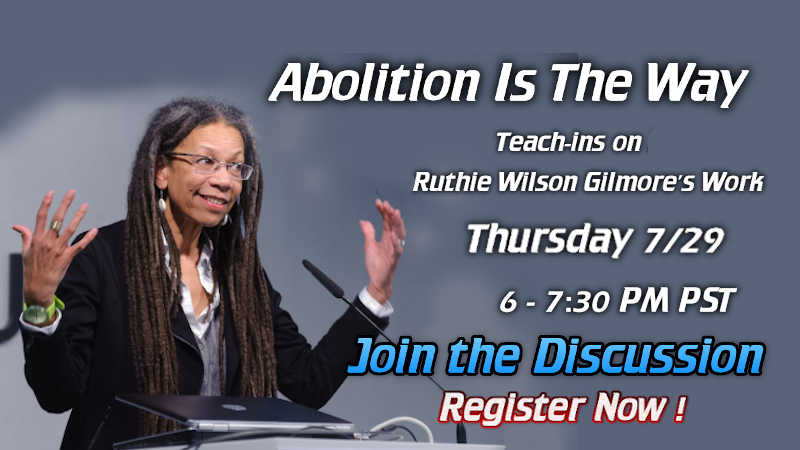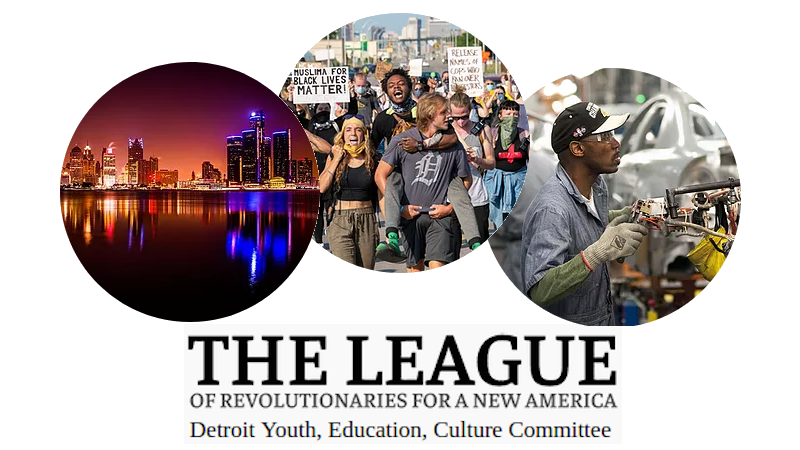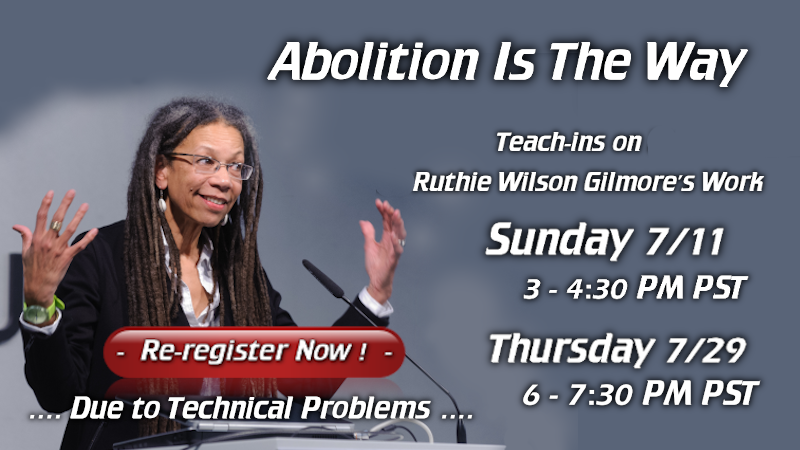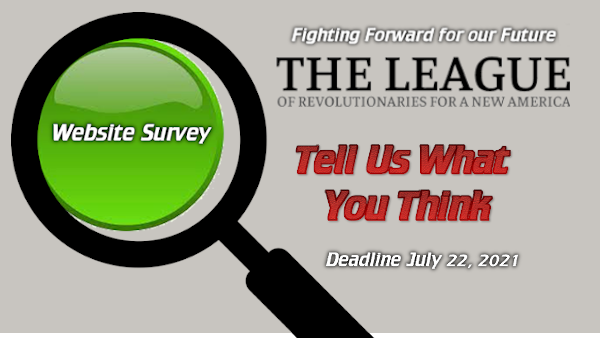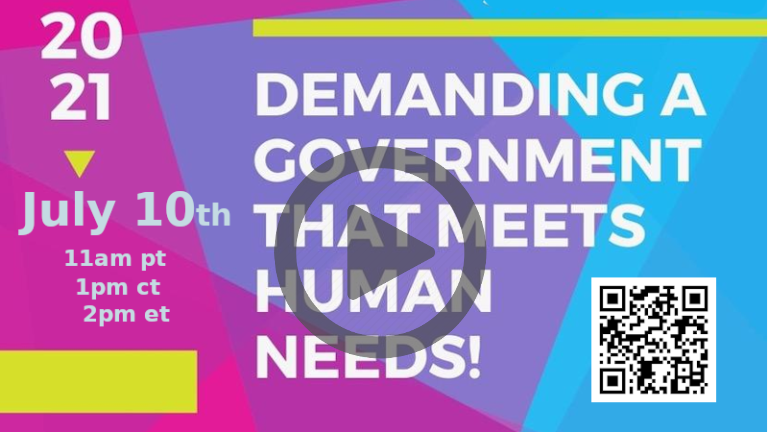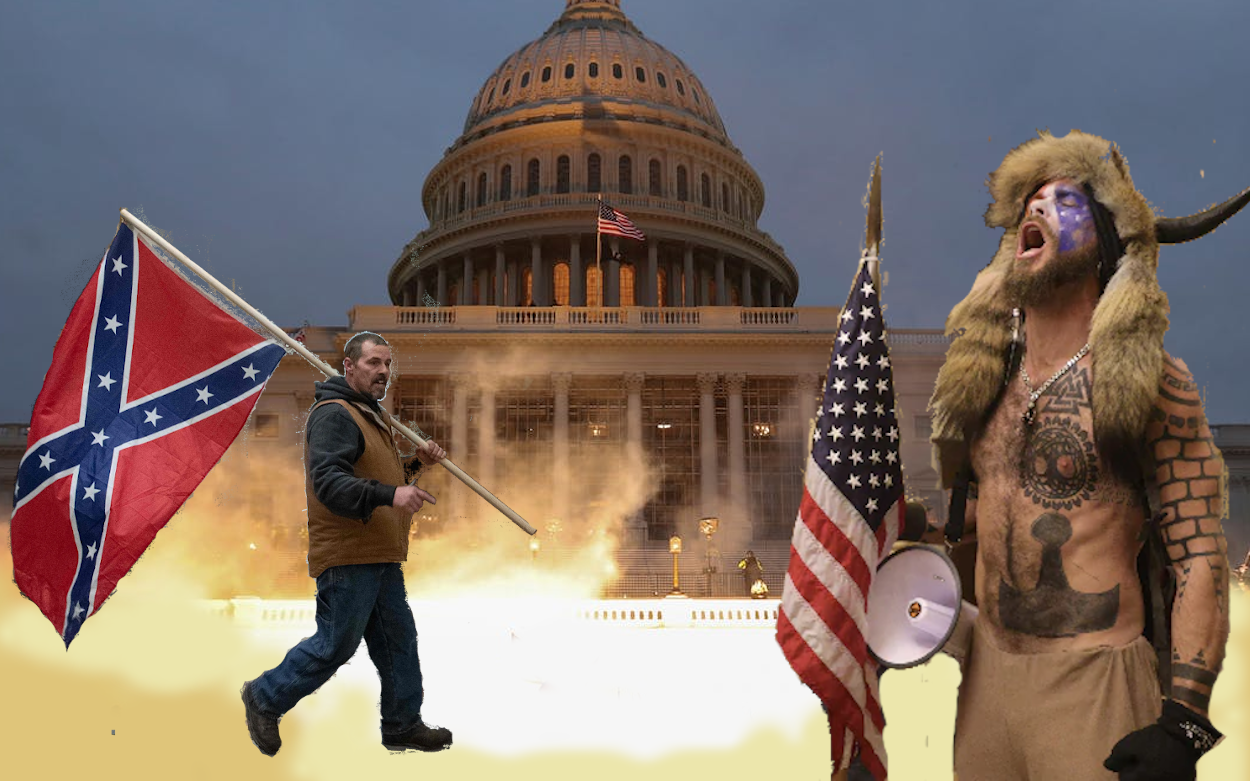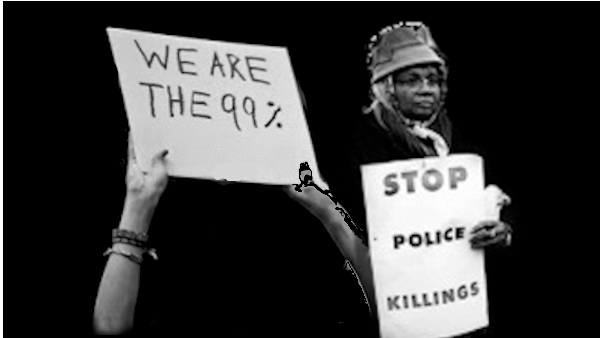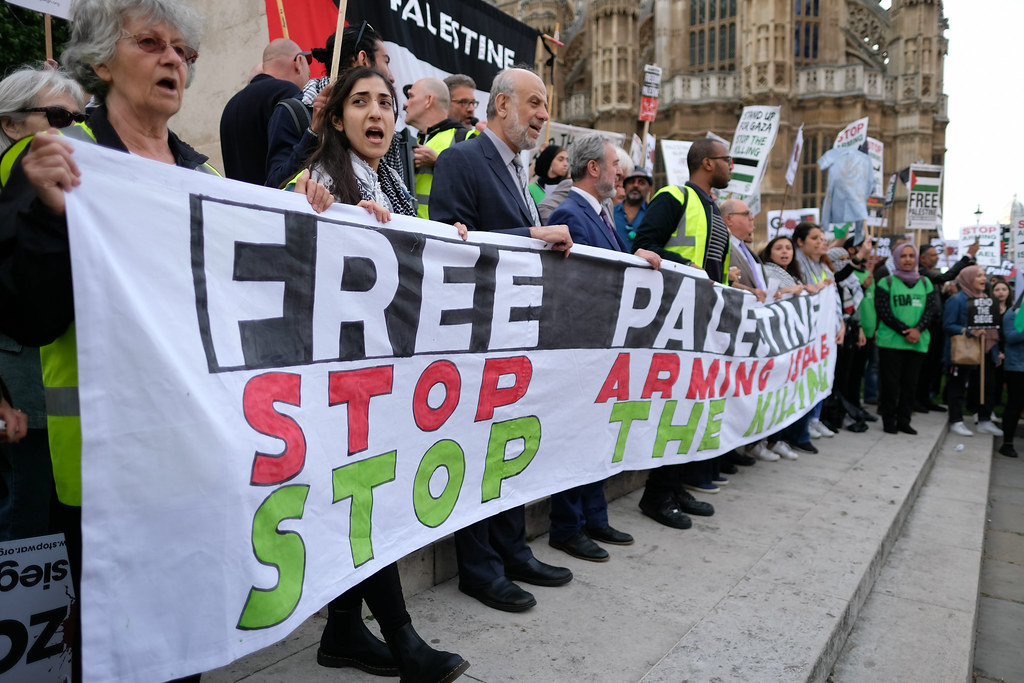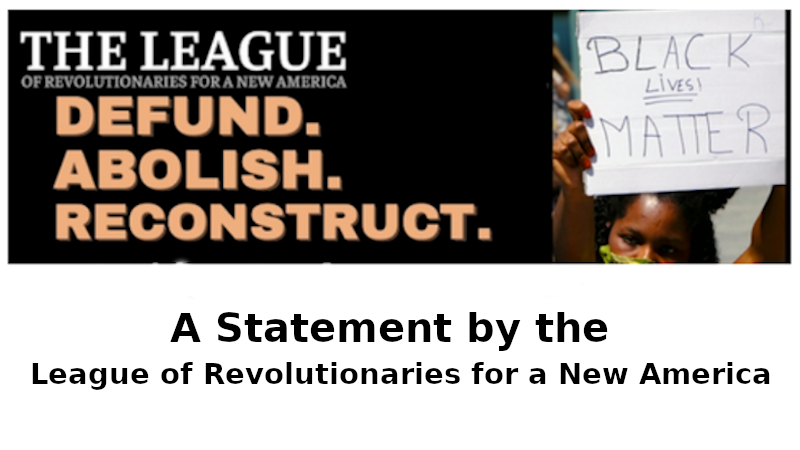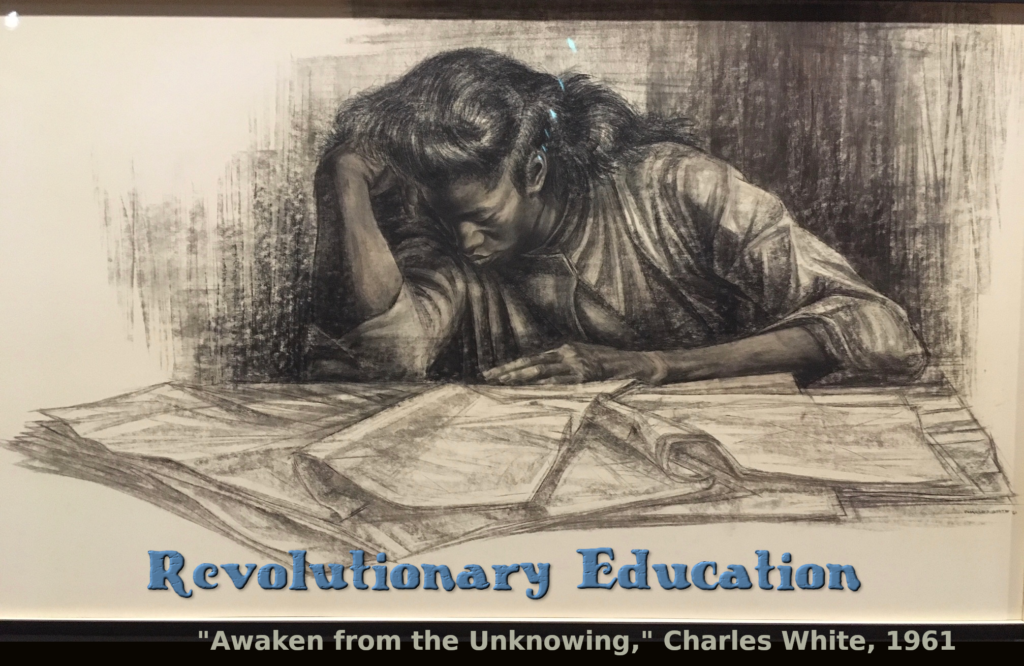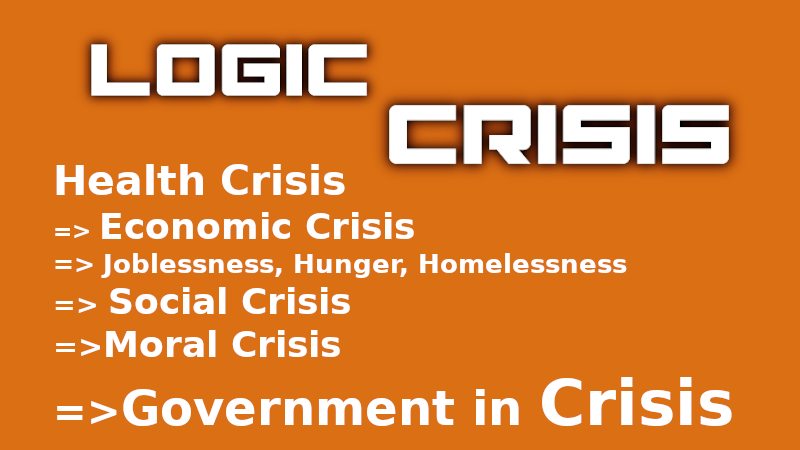Pulling Back the Curtain
Pulling Back the Curtain
A New Day for Humanity
If there is one constant in life, it is that everything is changing all the time. We may be that blue dot in a vast universe, rotating on its axis every 24 hours, revolving around our sun every 365 days, but on this our only homeworld, we are very well aware that not all change is cyclical, nor is it a smooth arithmetic progression. Change occurs in leaps, in an acceleration of velocity, in exponential progression. Human history moves from crisis to crisis to crisis, and each time the crisis is resolved with a revolutionary reorganization of society. In our darkest hour, we take confidence in knowing all is not chaos, nor is it just one damn thing after another. History is going somewhere, and it is up to us to determine the direction forward in the interests of all humanity in this our revolutionary time.
We are now in the midst of a global pandemic depression. With cases surging past 25 million worldwide and approaching one million dead, the United States leads the world, with 6 million cases and 180,000 dead. The worst pandemic in a hundred years, COVID-19, is not done with us. That reality has given rise to a global economic depression that we have not seen the likes of since the Great Depression.
Carmen and Vincent Reinhart write in the September 2020 issue of Foreign Affairs, “The pandemic has created a massive economic contraction that will be followed by a financial crisis in many parts of the globe,” and “the crisis will hit lower-income households harder.”
The World Bank concludes that as many as 60 million people globally will be pushed into extreme poverty. It predicts that the global economy will shrink by 5.2 percent in 2020, and the World Trade Organization calculates that global trade will fall by between 13 and 32 percent. The United Nations warns that the world is facing the worst food crisis in 50 years. The World Food Program says that an estimated 265 million could be pushed to the brink of starvation by the year’s end. An additional 500 million could be driven into poverty, according to a United Nations study.
History provides its own solution. The crisis itself gives rise to the exponential growth of a new class with nothing to lose but its chains. Asha Jaffar, a volunteer food worker in Kenya, says, “The coronavirus has been the great revealer, pulling back the curtain on the class divide and exposing how deeply unequal this country is.” The same could be said of almost every country, including the U.S.
In the U. S., we experienced a 34.8 percent decline in our Gross Domestic Product (GDP) in the second quarter alone. In the six months since the pandemic began to take hold here, over 50 million workers have lost their jobs and were forced to seek unemployment compensation. During that same period, the Institute for Policy Studies reports that the wealth of 614 billionaires increased by $584 billion.
This class, which rules our society, is openly operating the government in its own interests at the expense of the workers who are being plunged into destitution. The absolute failure of the government to act is no accident. The message is clear: there is no help coming.
The crisis deepens. The darkness deepens as in the dead of night. On July 31, the $600 weekly unemployment compensation expired, leaving millions with nothing, not knowing how they are going to put food on the table. Many of these same millions face hunger and homelessness as the moratorium on evictions ends. The Center on Budget and Policy Priorities indicates a $615 billion shortfall for state budgets, leading to massive cuts to education, health care, food stamps, and other essential programs for a class in great need.
Yet, the government continues to maintain a posture of callous disregard for the basic needs of a growing new class of impoverished workers. The message is that the ruling class has no intention to feed, house, or care for those it no longer needs. The Becker Friedman Institute at the University of Chicago estimates that 42 percent of the jobs lost are permanent. They are never coming back.
Over the past three recessions in the last 30 years, over 88 percent of the job losses took place in occupations that were highly automatable, according to Henry E. Siu of the University of British Columbia. In the wake of this massive elimination of permanent jobs, a structural shift has occurred. The economy has come to rely upon the temporary, part-time gig work, low-wage service employed. It is these workers who have been hit the hardest by the current crisis. They are the restaurant and fast-food workers, those who harvest our food, clean our hospitality facilities, care for the elderly, provide daycare for our children, and deliver the products we consume. Even in the best of times, they struggle to survive. In a time of crisis, they feel abandoned and forgotten.
It is precisely these workers, this new class created by automated, laborless technology, that are the ray of light amid the pandemic. They are the ones who are a rising social force that sparked the uprisings that took place upon the police killing of George Floyd, and which took on global proportions. At the bottom of the fight to end systemic racism is the fundamental fight to provide food, housing, clean water, education, and health care for all.
The night is darkest before the dawn, and we have within our grasp the ability to herald the dawning of a new day. These are revolutionary times. The situation cries out for a reorganization of society on a new basis. We can’t get there by restoring the old days, or by reconstructing on an old foundation. Our times call for a great leap forward, to envision and build a world in which we all share equally in the great abundance available to all who are in need.
In the middle of the 19th century, a great cry rang out for the abolition of slavery, and society arose to accomplish the revolutionary task of that day. Now it is our turn. We, the revolutionaries of our new class, are the abolitionists of our day. A private property system secured by a ruling class whose time is past must be abolished. Only then can we see the end of our dark night of crisis and herald the dawning of a new day for all of humanity.

